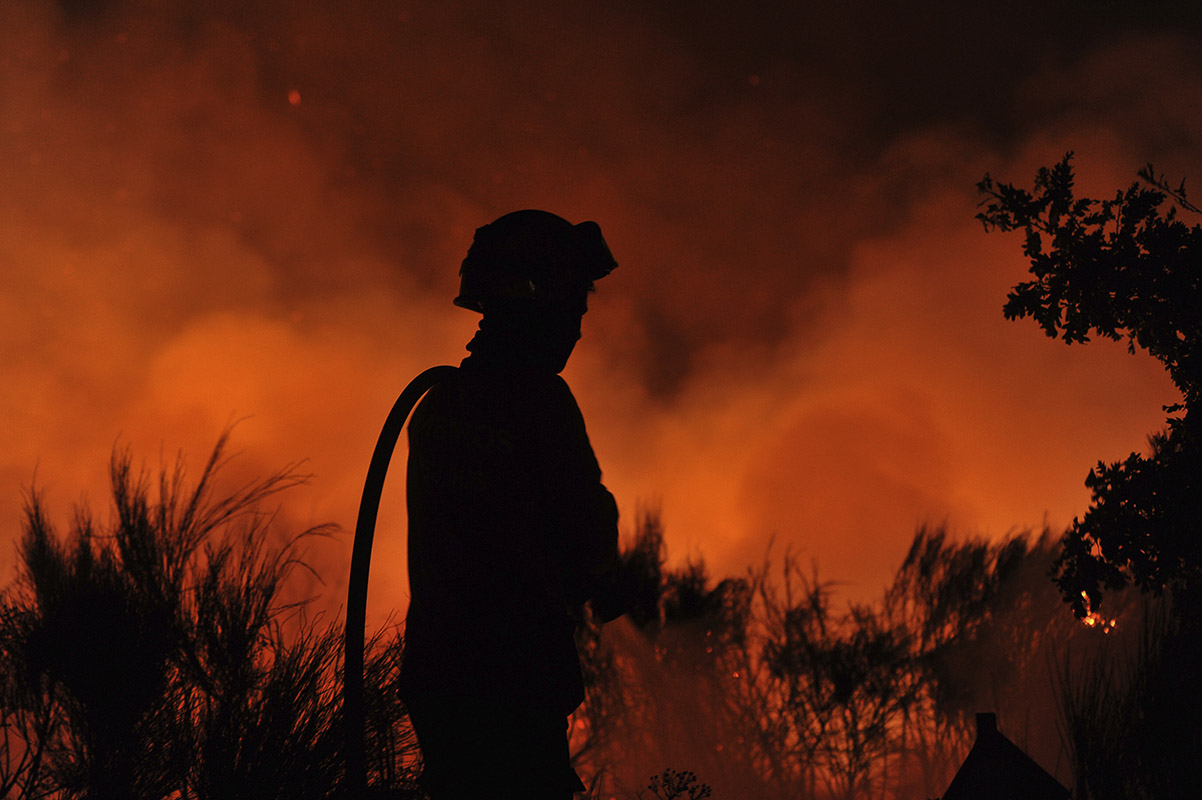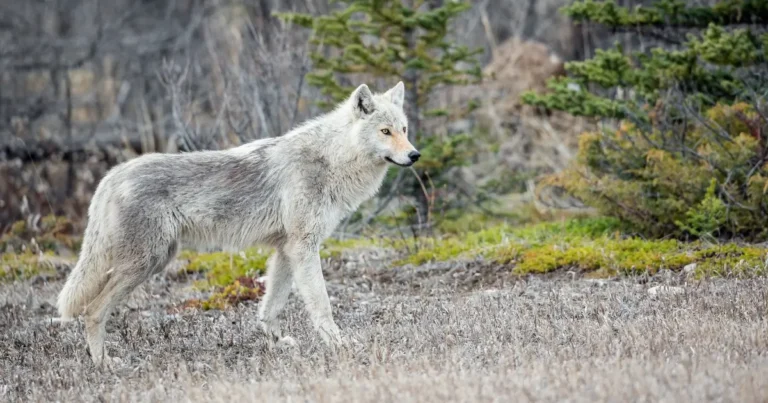
Many of our supporters awoke to smoke-filled streets Monday morning and immediately began inquiring how this would impact their fur-bearing neighbours. The Fur-Bearers spoke with Tanja Landry, a rehabber at Northern Lights Wildlife Society, to find answers.
“It’s a crisis situation for wildlife as well,” she said. “They’re going to run; and they often run blindly, depending on how close they are to the fires. They scramble to get out as fast as they can.
“The bigger the spread of these fires, the more chances there are that these animals are going to encounter people,” Landry said. “We deal with the burn victims who don’t get out fast enough, and those who get injured on the wild run.”
Landry noted that throughout the province, an increase in wildlife conflict can be expected as the animals are pushed out of their natural, human-free habitats.
“We usually see quite a spike in animals that need our help with the fires get bad.”
Northern Lights Wildlife Society takes in many species of wildlife, but specialize in large mammals such as moose, deer and bears. Landry noted that Northern Lights – just like every other rehabilitation centre across the province – is busy preparing for the oncoming crisis.
“We’re already prepping because British Columbia is in such a bad spot right now,” she said. “We’re fully prepared to start taking animals at any moment – we’re just waiting for the phone to start ringing.”
Rehabilitation centres will also be in extra need of some basic supplies such as towels, dish soap and laundry detergent. Many will also need assistance with specialized medical supplies to treat burns or inhalation – each rehabilitator will have a grocery list available for nearby supporters.
As this crisis continues to unfold, please remember these basic tips if you come across wildlife in need:
- Do not attempt to pick up animals that appear to be injured or ill; small birds can be picked up with a towel and placed in a small, dark box until they are able to receive treatment.
- Note the location, time and any visible wounds of the animal and contact your local rehabber.
- Do not feed animals – they may require specialized medicine or foodstuffs.
- Consider leaving out water – it is scarce throughout the province right now, and would be appreciated by all the animals (and won’t run the risk of habituating them).
- Not all young animals seen alone are orphaned; often, parents will leave them behind while foraging or hunting.
If you’d like to assist our wild neighbours as they struggle to survive this crisis, please contact your local rehabber (visit the Wildlife Rehabilitators' Network of BC to find who’s closest to you) and offer to donate supplies or contribute monetarily.
